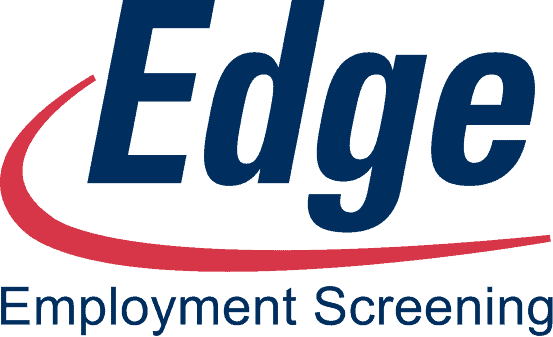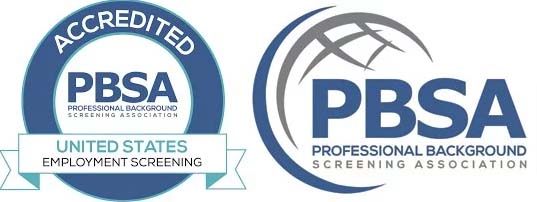We all know that an employment background check is a necessary part of the hiring process. It’s been proven time and again that a background check is one of the best ways to weed out potential issues before they become a problem. A thorough background check can reveal important information about a candidate’s past, such as their criminal history, employment history, skill expertise, and educational qualifications. However, there are several do’s and don’ts of background screening that HR managers should keep in mind to ensure that they comply with legal requirements and protect a candidate’s privacy.
Do’s of Background Screening
Know what you are looking for
Before you begin screening candidates, you should make sure you’ve got a clear policy and idea of what you want. You should have a well-defined idea of what you need from the candidate and what you’re looking for in the person you hire. Make sure you know what your business and industry requirements are for specified roles. You need to understand the type of people, skill requirements, and experience that you’ll be hiring to make sure that you’re getting the right people.
Obtain Written Consent
Before conducting an employment background check, HR managers should obtain written consent from the candidate. Most legal opinions agree that this should be a separate conspicuous process and form. You should obtain consent from all candidates without exception before running a background check. If you do not get consent, you may be legally liable later. The candidate must be informed about the types of checks that will be conducted and allowed to ask any questions. Most companies use an electronic process to accomplish this.
Be Consistent
HR managers should apply the same background screening standards to all candidates for the same job position. Consistency is important to avoid any allegations of discrimination or any other unfair hiring practices. Make sure that if something in the background is going to prevent you from hiring any individual, it is relevant to the position they would be working in.
Verify Employment History
HR managers should verify the candidate’s employment history to ensure that the information provided is accurate. This can include contacting previous employers to verify dates of employment, job titles, and job duties.
Check References
Checking references can provide insight into a candidate’s work habits, attitude, and overall performance. HR managers should contact the candidate’s references and ask questions that are relevant to the position.
Comply with Legal Requirements
When using a background screening company, HR managers must comply with legal requirements when conducting background checks. This includes following the Fair Credit Reporting Act (FCRA) and state and local laws that govern background screening. HR managers must maintain compliance with their organizations’ background screening policies and procedures. This includes maintaining proper documentation of the background screening processes, including but not limited to all completed background checks, any adverse actions taken, etc. It is also important to refresh your knowledge about penalties involved with non-compliance, such as non-compliance to Form I-9 and more.
Don’ts of Background Screening
Discriminate
HR managers must not discriminate against candidates based on their race, gender, age, religion, or other protected characteristics. According to the laws enforced by the U.S. Equal Employment Opportunity Commission, it is illegal to discriminate against an applicant or employee based on race, color, religion, sex, age, disability, national origin, or genetic information. Likewise, it is prohibited for an employer to publish job advertising that expresses a preference for a certain race, color, age, or other characteristics. Be fair and consistent while applying your hiring standards, and have those standards reviewed regularly by your legal counsel.
Conduct Unnecessary Checks
HR managers should only conduct background checks that are necessary for the job position. For example, a credit check may not be necessary for a position that does not involve financial responsibilities. Unnecessary checks can also be costly, time-consuming, and may be legally non-compliant. Make sure to hire a reliable pre employment background check provider who can determine the necessary information needed by your company and the cost of doing the job efficiently. This also includes being careful with the questions you ask. You should only ask the questions that you feel are necessary.
Violate Privacy
Background checks can be very intrusive, and they can uncover things that may cause embarrassment. It is important to maintain the privacy of the candidate. HR managers must protect the privacy of candidates during the background screening process and beyond. You must ensure that only authorized personnel have access to the personal information of candidates. This includes safeguarding personal information and ensuring that only authorized personnel have access to it. HR managers must also ensure that the security of the organization is protected by following the proper security procedures. These include the use of firewalls and secure internet connections, as well as simple things such as locked doors and filing cabinets.
Rely Solely on Background Checks
HR managers should not rely solely on background checks to make hiring decisions. Other factors, such as interviews, skills assessments, and job performance, should also be considered.
Ignore Discrepancies
HR managers should not ignore discrepancies that are revealed during the background screening process. If you are aware that there are any discrepancies in the information, you need to follow up with the person and verify the information. You also need to make sure that the person is honest with you. If you are not sure whether the person is being honest, you need to contact someone else to confirm the information. As an HR manager, you should endeavor to ensure everything is done properly and that all people are being treated fairly.
Making It Personal
While you want to make sure you hire trustworthy people, you don’t want to make the process too difficult. You should try to avoid making it personal, as you want to be able to hire the best person for the job.
Conclusion
Background screening is a critical part of the hiring process, and there are a lot of things to consider. Make sure that you are hiring the best person for the job, and have a solid screening process in place. The best way to do that is to hire a great pre employment background check company. This will ensure that the background check is done in a fair, consistent, and legally compliant manner. HR managers should obtain written consent, be consistent, verify employment history, check references, comply with legal requirements, avoid discrimination, conduct necessary checks, protect privacy, consider multiple factors, and follow up on discrepancies. By following these do’s and don’ts of a background screening, HR managers can make informed hiring decisions and avoid legal and ethical issues.









